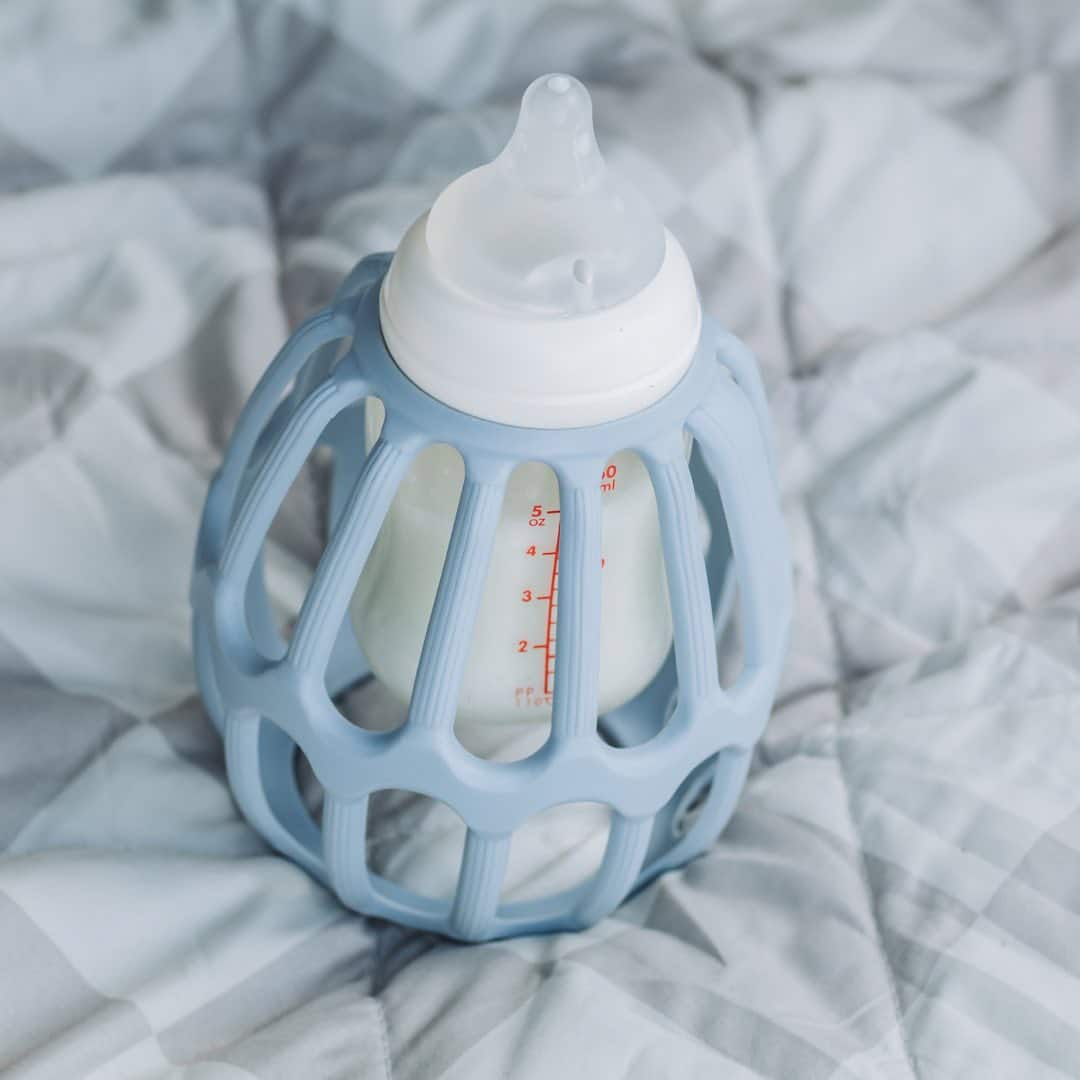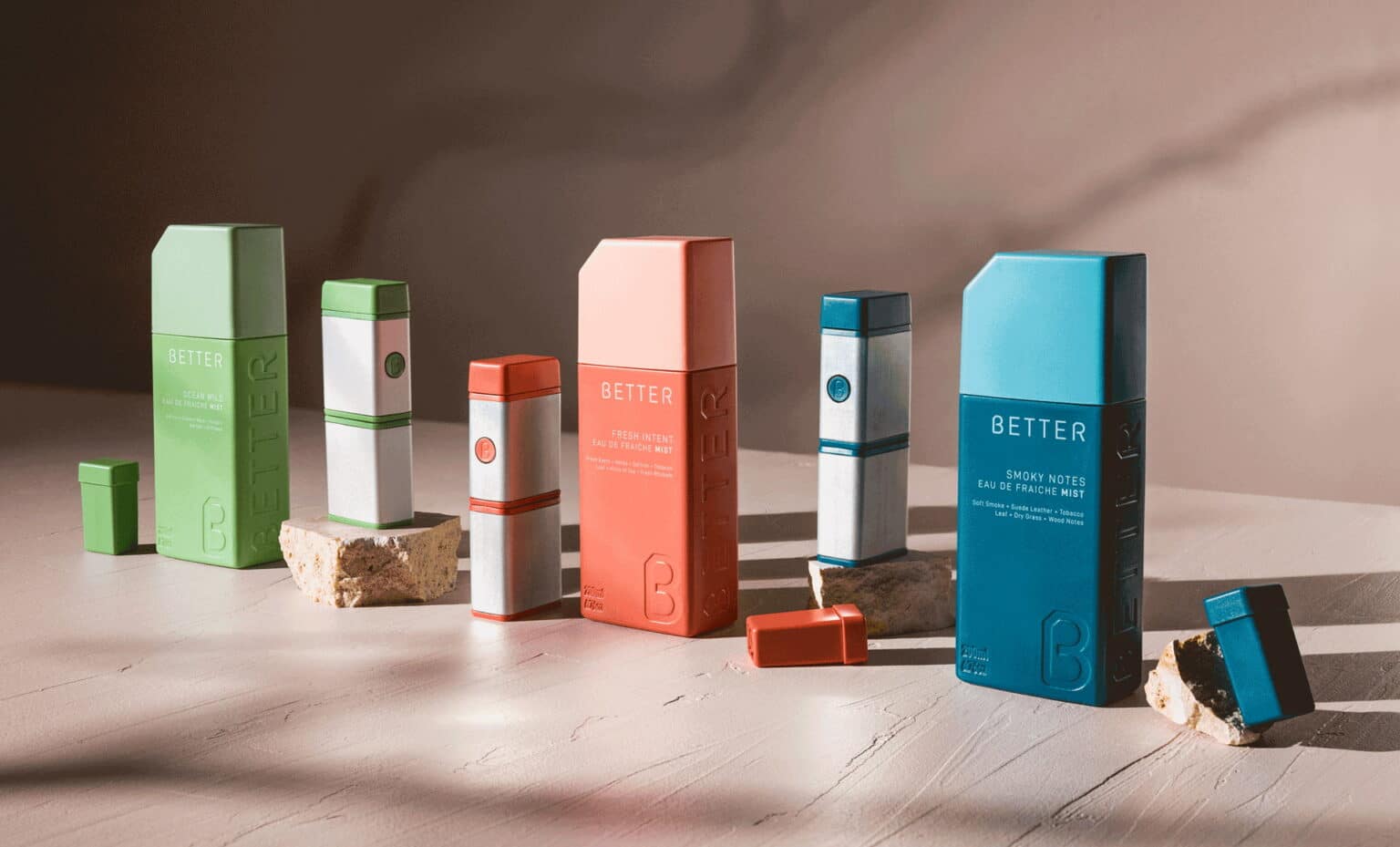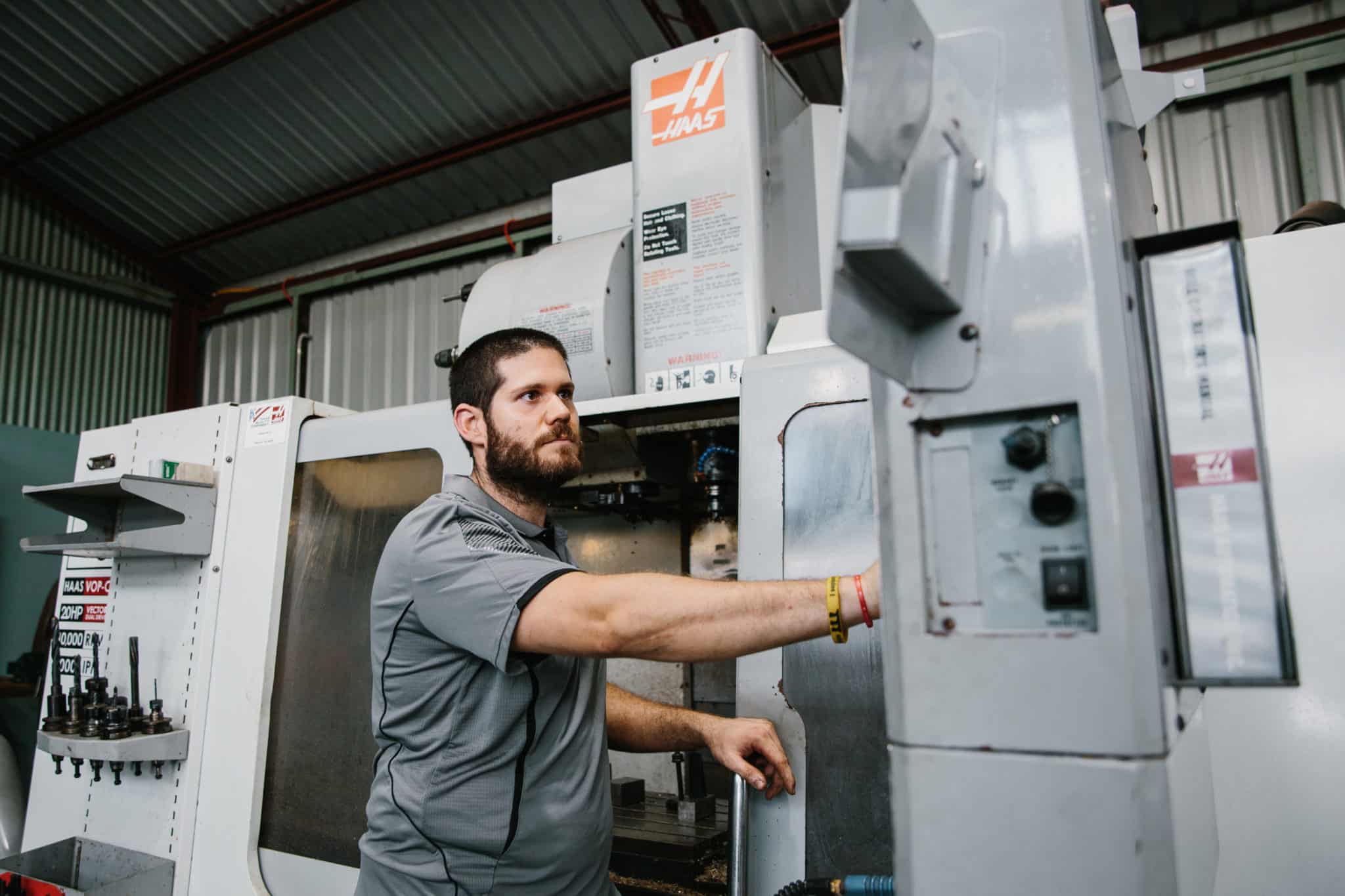
Choosing the Right Toolmaker in Brisbane: A Comprehensive Buyer’s Guide

Selecting a proficient toolmaker in Brisbane can dramatically influence the efficiency, quality, and success of your manufacturing projects. Whether your needs involve intricate component designs or large-scale production outputs, understanding how to choose the right toolmaker is crucial. This guide delves deep into what makes a toolmaker stand out and how to ensure you partner with the best in the business. I’ll walk you through what the role of a toolmaker is in this day and age, some key factors to keep in mind when choosing a toolmaker that is right for you, and some red flags to watch out for.
What Is The Role of a Toolmaker in Brisbane?
Toolmaking is an essential process in manufacturing, involving the creation of tools that produce other products. This includes moulds for plastic injection, dies for stamping, and jigs and fixtures for machining. The precision and reliability of these tools are paramount as they directly impact the production process and the quality of the final products.
Brisbane and Australia’s number of toolmakers has dwindled significantly over the past few decades, with the offshoring of local automotive and whitegoods manufacturing, and those that have remained have found a niche and really developed their skills in this niche to stamp their presence as producers of high quality tools. Although many of these local toolmakers create tools themselves, many also partner with offshore toolmakers to meet the budgetary demands of certain projects. In these cases, the local toolmaker’s role is vital in ensuring the quality of the tool design and – if the tool is then imported – the ongoing maintenance, repair, and modifications of the tool throughout its working life.
While toolmaking is a highly skilled profession, as in any industry it is possible to fall into the wrong hands. Toolmaking is no cheap business, so if you do fall into the wrong hands then it can be very costly. Let’s explore at what to look out for.
What Do I Need To Look For When Choosing a Toolmaker in Brisbane?
Moulding and Production Capabilities
Having a toolmaker with in-house moulding and production capabilities is immensely beneficial. Such toolmakers possess a comprehensive understanding of the entire manufacturing process, from tool design to final product creation. This expertise is particularly valuable because it allows the toolmaker to anticipate potential production challenges and adjust tool designs proactively to avoid them. Their direct experience in moulding provides critical insights that enhance the functionality and reliability of the tools they create. This deep understanding ensures that the tools are not only well-crafted but also optimized for actual production conditions, leading to higher quality products and more efficient manufacturing cycles. By integrating toolmaking with moulding expertise, these professionals offer a significant advantage in achieving seamless and successful production outcomes.

Local Expertise and Post-Production Support
Local expertise is essential when tools are made in Australia or shipped to Australia. A locally-based toolmaker is invaluable, as they are available to physically review and run the tool, ensuring its optimal performance from the start. This proximity allows them to perform ongoing repairs and maintenance, which is crucial throughout the tool’s lifetime.
Whether you are running your tools and moulding machines in-house, or if you’re outsourcing to a manufacturer like Dienamics, the availability of local support for maintenance, modifications, and repairs is vital. It’s important to confirm that the toolmaker offers comprehensive post-production support, including routine maintenance and emergency repairs. This support not only improves the functionality and longevity of the tools but also ensures that any issues can be swiftly addressed, reducing operational disruptions and maintaining production efficiency.
Quality Assurance
Quality assurance is integral to successful toolmaking. A reputable toolmaker in Brisbane will demonstrate a stringent quality control process that ensures each tool meets or exceeds industry standards.
A quality toolmaker will ask many questions of your product, the material you’re using, its requirements, environment of use, and target user before providing you with any quotes and absolutely before doing any tooling work. This is because producing a quality tool requires a deep understanding of the product and its critical requirements.
Making a tool is not simple, so often toolmakers employ a “tool-first” methodology, where they make assumptions of the part/product to make the toolmaking as simple as possible, without truly understanding the needs of the product – or of you! Whilst this can result in a cheaper tool, it can also result in parts that have a host of problems that affect your supply chain, your credibility, your product performance, and your business.
The kind of toolmaker that produces quality parts will employ a “product-first” methodology, where they will take the time to understand all the critical requirements of the product before looking at tool design. Then, they’ll seek to make the simplest and most robust tool that will meet the product’s exact needs.
Customisation Abilities & Design Capabilities
Customisation is key in toolmaking to meet specific project requirements. Your chosen toolmaker should be flexible and skilled in creating bespoke solutions that integrate seamlessly with your manufacturing processes. This is where toolmaking and design overlaps. Sometimes, your product in its current state simply cannot be injection moulded either to your target per part price, or sometimes not at all. A skilled toolmaker will actually be able to redesign your part to meet all your requirements and also a per part price and feasible tool.
- Custom Solutions: Discuss how the toolmaker has approached unique challenges and tailored solutions in the past.
- Innovative thinking: Have the proven track record to be able to apply design thinking and problem solving to your product and the tool.
- Industrial/Product Designers: The best toolmaking business in Brisbane and further afield have a team of industrial designers and engineers at their disposal, ready to tackle any design issues that may arise, and provide precisely controlled CAD data to the toolmaking team.

Although this part may look simple to most people, to create this with an injection mould in a way that has a low part cost with a healthy profit margin requires some innovative tooling. We worked hard to realise Baby Bot Bot’s dream, using some innovative design and toolmaking to make it a reality.
Expertise and Experience
The expertise of a toolmaker is often evidenced by their longevity and the diversity of projects they have completed. When searching for a toolmaker in Brisbane, it’s important to consider their industry reputation and the breadth of their experience.
- Assessing Experience: Look for a toolmaker with a robust portfolio and seek examples of similar work they have done in the past. The applications of injection moulding are vast, and the requirements for each application are highly specific due to the complex nature of injection moulding and the balance of experience required in materials, moulding methods, tooling possibilities, and product design. Experience in your specific industry or with projects like yours can be highly beneficial.

Designing for The Better Brand’s Cosmetic range required us bringing together our wide expertise across manufacturing methods, using blow moulding, injection moulding, and aluminium extrusions to bring their product range together.
Ensuring Export Quality of Overseas Tools
Even if your toolmaker is outsourcing the initial toolmaking work overseas, a locally based toolmaker, whether in Brisbane or elsewhere in Australia, is important in understanding your intent, your needs and wants, and ensuring that the tool is made to these specifications.
They will confirm they meet the necessary export standards to ensure compatibility and compliance with international quality and safety regulations.
- Verification of Export Status: Double-check the export suitability of any overseas-manufactured tools to avoid future operational and ownership challenges. We’ve had many customers come to us after buying a “cheap tool”, only to find that they don’t actually own the tool, and that the tool needs to remain overseas and used for manufacturing only by that toolmaker and manufacturer. Ensure that you own the tool and can do with it as you please.
- A quality toolmaker and manufacturer will also have long-term trusted suppliers, with agreements and processes in place to stop product copying.
Potential Red Flags
❌ Rushing the Quoting Process
- If a toolmaker rushes through the quoting process without asking questions and thoroughly understanding your project requirements, they may overlook critical details that could affect the quality and cost of the finished product.
❌ Unusually Low Prices
- While competitive pricing is attractive, prices that seem too good to be true can often indicate poor quality materials, shortcuts in the production process, non-tool ownership, or hidden costs that will emerge later.
❌ Aren’t transparent with their processes or tool specifications
- Toolmakers should be willing to discuss their methods and the materials they use. A reluctance to provide detailed information about their processes can be a sign of cutting corners or lack of adherence to quality standards.
❌ Insufficient Communication
- Poor communication is a significant red flag. If a toolmaker does not respond promptly to inquiries or fails to effectively communicate during initial discussions, it may reflect their overall approach to customer service and project management.
❌ Limited or No References
- Reputable toolmakers should be able to provide references or testimonials from previous clients. A lack of references or unwillingness to provide them can indicate a lack of experience or unsatisfied customers.
❌ Inflexibility to Adjust or Customise
- If a toolmaker is unable or unwilling to adapt to your specific needs or make adjustments as required, it may signal a rigid and potentially unsuitable service. Customisation capabilities are essential for many projects, and a lack of flexibility can result in a product that does not meet your specifications.
Conclusion
Choosing the right toolmaker in Brisbane or further afield requires a thorough understanding of their capabilities, technology, and the quality of service they offer. By focusing on these detailed aspects and conducting a comprehensive evaluation, you can ensure that you partner with a toolmaker who will significantly contribute to the success of your manufacturing projects, enhancing both product quality and operational efficiency.
We at Dienamics have over 30 years of experience in toolmaking, injection moulding, and design. Working at a high level across each discipline, we’ve worked with other toolmakers, moulders, and designers, and so we have an acute understanding of how each discipline works together, and also of the possible pitfalls that lie out there in the industry that can trap honest people trying to make good products. If you want an end-to-end service, expert advice, high quality tools, products, and product design that will help you realise your vision, then get in touch.
